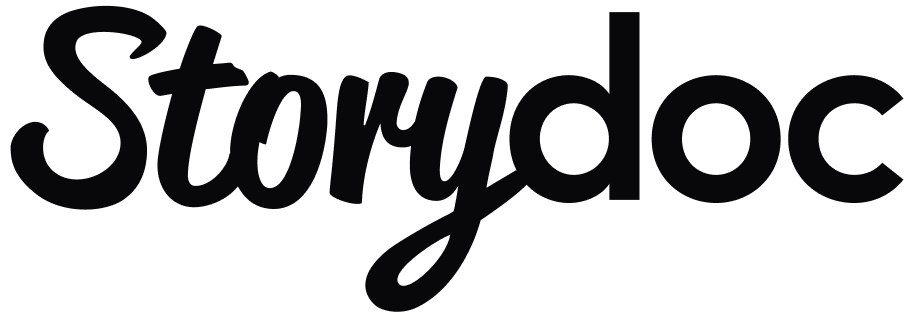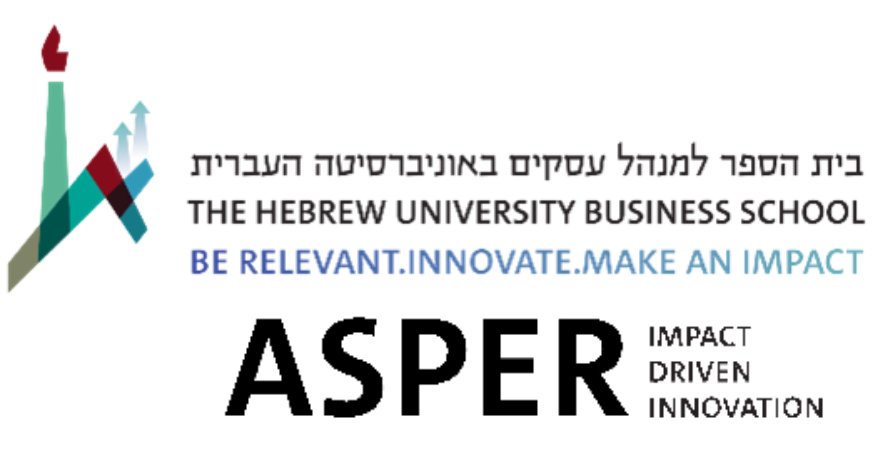
The Hebrew University of Jerusalem
Impact Report 2023
⏱Avg. Reading Time: 12 min
Report Contents
Introduction to the Report
Greetings from the President
About the Report
Overview of UN SDGs
Goals of the Report
Academic Impact
Teaching
PhD Research
Faculty Numbers
General Research Numbers
Support from the Government
Student Impact - Quality of Life and Access to Opportunity
Diversity and First-Generation
Disability
Scholarships
Financial Impact of Financial Aid
Student Housing
Community Impact
Jerusalem
Community Involvement
Starting Young
Alumni
The University’s Impact on Innovation in Israel
Yissum
Good Food Institute
Case Study: ASPER-HUJI Innovate
Alumni Spinoffs
Impact Initiatives
Preparatory Programs
Green Campus
COVID Support
Asset Management
Recommendations & Next Steps
Acknowledgements & Methodology
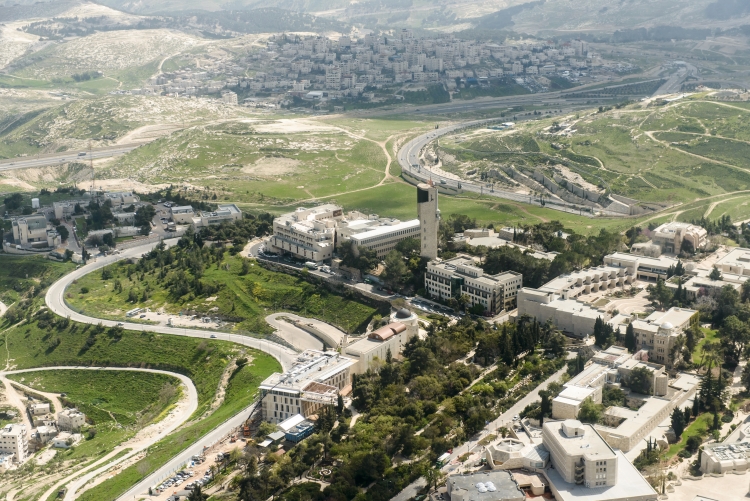
Greetings from the President
It is with great pleasure that I welcome you to our inaugural Impact Report. This report is a reflection of our commitment to transparency and accountability as we strive to make a positive impact on the world. Within this report, you will discover the remarkable contributions of our esteemed faculty, dedicated staff, and exceptional students.
In the realm of academic impact, we have worked to integrate the UN’s Sustainable Development Goals (SDGs) into our courses, enriching the educational experience and fostering a deeper understanding of global challenges. Our impact extends beyond academia to the lives of our students. We prioritize providing equal opportunities and support for students from diverse backgrounds, including first-generation students. Scholarships and financial aid programs ensure that deserving students can access quality education and achieve their full potential.
Engaging with Jerusalem's community and fostering civic responsibility are also paramount. We drive innovation through technology transfer, entrepreneurship, and work to strengthen our alumni community. Our commitment to sustainability is exemplified through our Green Campus initiative, promoting eco-friendly practices. While efficient asset management remains a cornerstone of our sustainable growth, ensuring that we can continue to make a lasting impact on society.
I invite you to explore this report, which encapsulates the remarkable work being done at the Hebrew University of Jerusalem. We are grateful for your interest and support as we strive to create positive change and shape a brighter future.
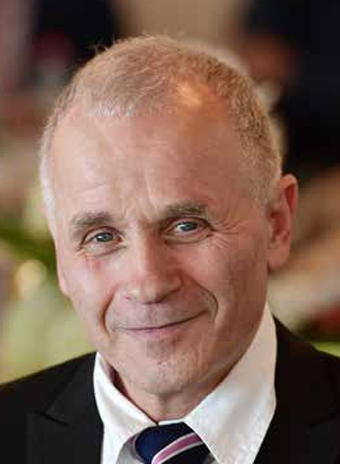
Prof. Asher Cohen
President, The Hebrew University of Jerusalem
The Hebrew University of Jerusalem is a central hub of cutting-edge knowledge and innovation in Israel. This Impact Report signifies a meaningful step towards measuring the University’s impact using the United Nations Sustainable Development Goals (SDGs). In doing so, the University aims to ensure its policies and programs promote a sustainable, equitable society for people and the planet. The goals of the report are threefold:
Goals of this Report:
Measure
Quantify and reflect on the University’s achievements
Recommendations
Suggest avenues for achieving greater impact
Benchmarks
Provide a benchmark for monitoring progress

Why now?
Institutes of higher education play a crucial role in the success of the SDGs. By participating in the conversation, the University can benefit from this report and continuously improve. Measuring and reporting are necessary steps towards creating systemic and sustainable changes. As a society-serving institute, reporting on impact-related activities is a natural next step for the University's commitment to society.
The report is a joint effort of the ASPER Center for Entrepreneurship and Innovation at the Hebrew University’s Business School and the Hebrew University’s Division for Advancement and External Relations.
To the best of our knowledge, it is also the first university-produced report in Israel to include an overview of the scope of its ESG-related asset management. All data presented is from the 2019-2021 academic years unless otherwise noted.
United Nations 17 Sustainable Development Goals (SDGs)
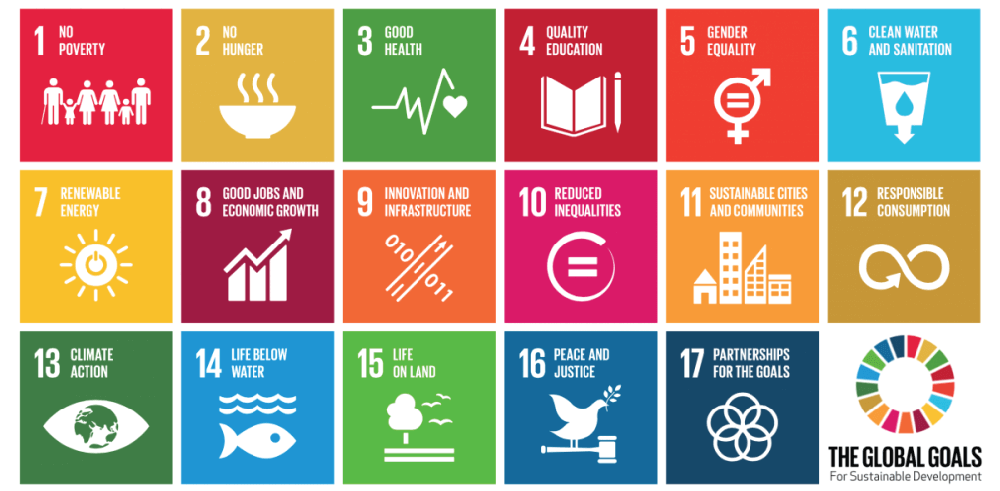
Academic Impact
In 2022, Hebrew University was ranked 77 overall in the Shanghai Rankings.
Teaching
A key component of the University’s impact are the courses it offers. How SDG-oriented are the course offerings?
27% of courses (1,699/6,215) were relevant
Keywords from Clean Water & Sanitation appeared most frequently
*To arrive at a baseline measure of impact-related courses, we cross-referenced the University’s course catalog with the University of Auckland's SDG Keywords list.
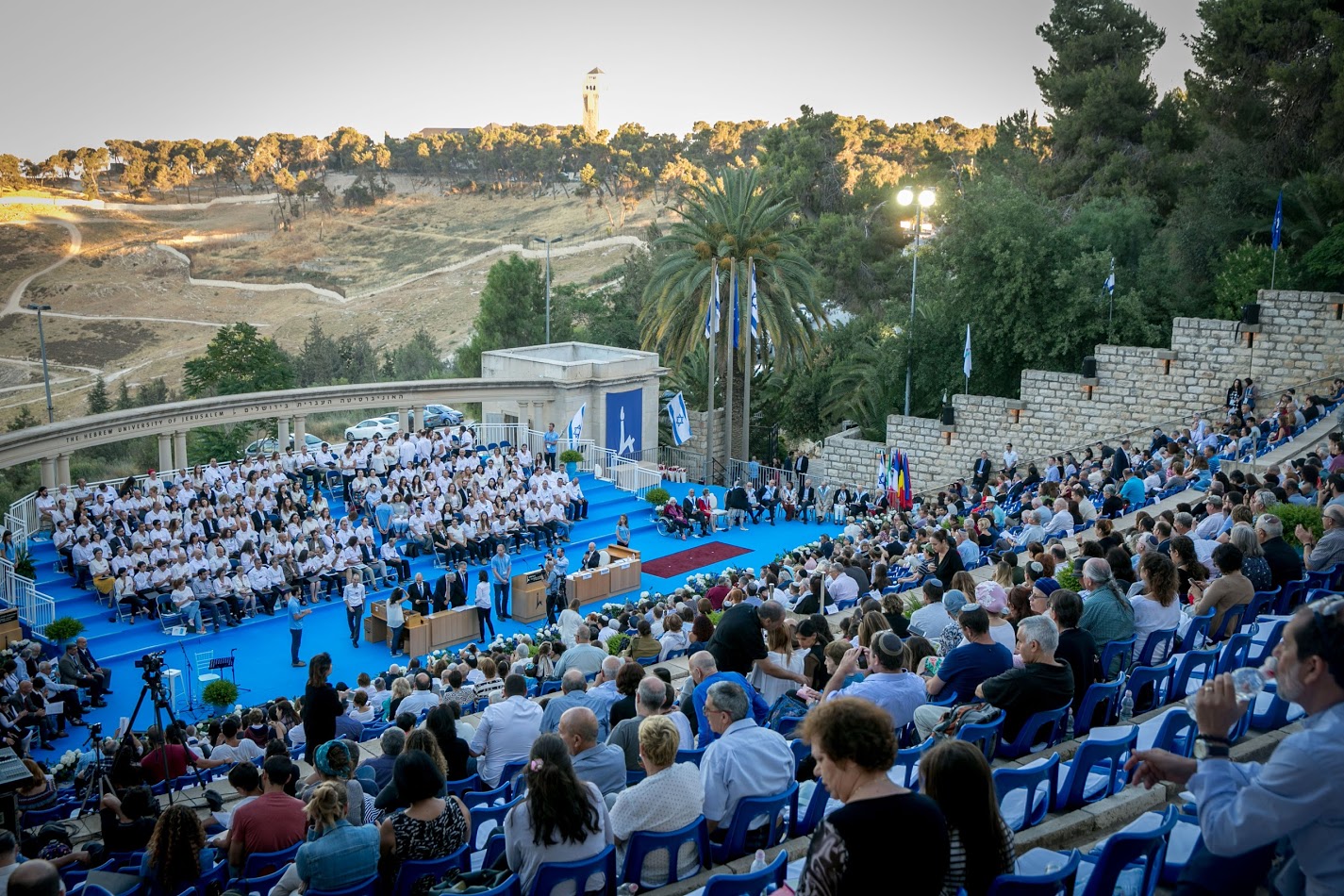
PhD Research
Understanding the topics that PhD researchers choose to write their theses can act as a good indicator for understanding the SDG-orientation. The titles of the 545 dissertations that were submitted from 2019-2021 showed:
- 12% of dissertations (65/545) were relevant
- keywords relating to SDG 11 (Sustainable Cities and Communities) appeared most frequently

A Leading Research Institute
Since opening its doors in 1925, the Hebrew University has prioritized research to maintain its leadership in Israel and internationally. Research that takes place at the University expands knowledge in both experimental and theoretical science, ultimately translated into real-world benefits for a better world.
Research centers
Faculty reseachers
Postdoctorates
Shanghai Rankings
2020: 101-150
2021: 90
2022: 77
Faculty Numbers on the Rise
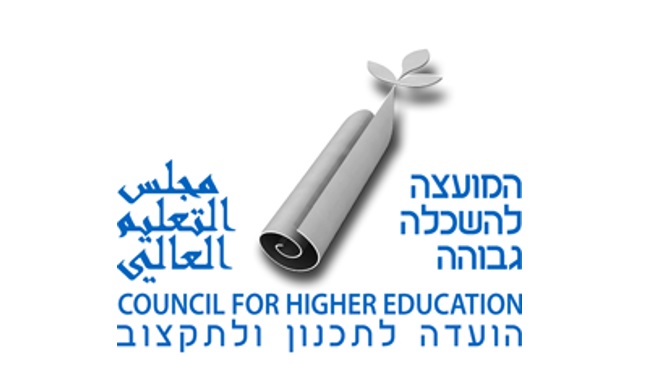
Did you know?
Founded in 1958, the Council for Higher Education was established as a means to separate Israel’s political system from its higher education system, to prevent interference with academic freedom. The Planning and Budgeting Committee (PBC) determines funding distribution based on teaching and research factors, such as the number of students, subjects taught, grants, and publications. As a result, the PBC ranks universities and allocates more funds to those with greater success.
Government Funding - Based on Excellence
The Hebrew University consistently ranks the highest in terms of support from the PBC amongst other Israeli universities. A testament to its overall success and value to the country. This is particularly relevant in a time when the COVID-19 pandemic affected academia worldwide, and came with its own unique challenges.
Percentage of government funding allotted to each Israeli university
Student Impact - Quality of Life and Access to Opportunity
“Every person born in this world represents something new, something that never existed before, something original and unique.”
- Prof. Martin Buber, Founder, The Hebrew University of Jerusalem
Diversity and Gender Equality
Advancing diversity and inclusion within the University communities is a central goal of the University and can have an impact on all community levels.
57:43 Female to male ratio in 2022
18% of incoming class of 2022 are first-generation students
Jewish Ultra-Orthodox (Haredi) Students
Number of Ultra-Orthodox (Haredi) Students
Gender-split of Ultra-Orthodox Students (2020-2021)
Breakdown of degrees being pursued by Haredi students (2020-2021)
Arab Students
Percentage of Arab Undergraduate Students
Percentage of Arab Graduate Students
Gender-split of Arab Students (2020-2021)
Percent Israeli Arabs/East Jerusalem (2020-2021)
Arab Breakdown of Degree by Gender - Male (2020-2021)
Arab Breakdown of Degree by Gender - Female (2020-2021)
Students Who Are First-Generation to Academia
The University has identified first-generation students, as in those who are the first in their family to pursue higher education as a top priority. When an individual becomes the first to hold a degree in their families, or even communities, there is a ripple effect that positively benefits their local communities.

Percent of Undergraduate First-Generation Students
Ratio of Women to Men in First -Students
Breakdown of First-Generation Students
*Based on undergraduate students totaling 13,725 in 2023
Students with Disabilities
The Accessibility Unit of the Hebrew University is working to make the Hebrew University an arena that is equitable and accessible for diverse populations of students. The Unit provides services to students who deal with various physical, sensory, and mental disabilities. It offers information and assistance with regard to the rights of students with disabilities in the University and beyond. 1,800 students have learning disabilities.
Assessing students
Support for 950 students (physical, sensory, health or mental disabilities)
Running seminars
Testing
Cognitive Behavioral Therapy for students with ADD
Training sessions for academic staff to raise awareness
It should also be noted that although no quantitative statistics exist on sexual orientation, as universities generally don’t collect this information, there are several initiatives on campus for the LGBTQ+ community. For students, the LGBTQ+ representative in the Office for Diversity and Inclusion organizes events for the LGBTQ+ community and acts as a liaison between the community and the University.
Need-based Scholarships
The University offers support for students in need via the Dean’s Office, which provides grants to between 1,500-2,000 students every year, most of it funded by private donors and some government participation (through the PBC). Funds distributed for scholarships:
*this does not include a variety of scholarships including from the Ministry of Education, IMPACT, etc.
Number of Bachelor's Degree Scholarship Recipients
Amount of Money Distributed to Bachelors Students
Number of Master's Degree Scholarship Recipients
Amount of Money Distributed to Master Students
Financial Impact of Financial Aid
In 2022, the University commissioned Social Finance Israel (SFI) to conduct a study on the impact of its scholarships, the first of its kind in Israel. The main conclusions of the report were that students who received assistance completed their degrees at a significantly higher rate than those who did not apply or applied and were denied. The difference stems from the higher rate of graduation amongst engineering, computer science, natural science, medical and nursing students.
The study tracked eight cohorts of incoming first year undergraduate students (2010-2017) over the course of five years each, totaling 25,089 students. The latter part of the study utilized an online survey distributed among alumni.
Who is Impacted by Scholarships?
The University
The Students
Their Families
The Israeli Economy
Is Financial Aid Reaching the Right Students?
Percent of students who apply for financial aid (primarily from Israel's geographic and social periphery)
Those awarded scholarships have family incomes lower by 50-60% and lower entry scores (matriculation & psychometric) than applicants who did not receive aid
What is the Financial Impact of Financial Aid?
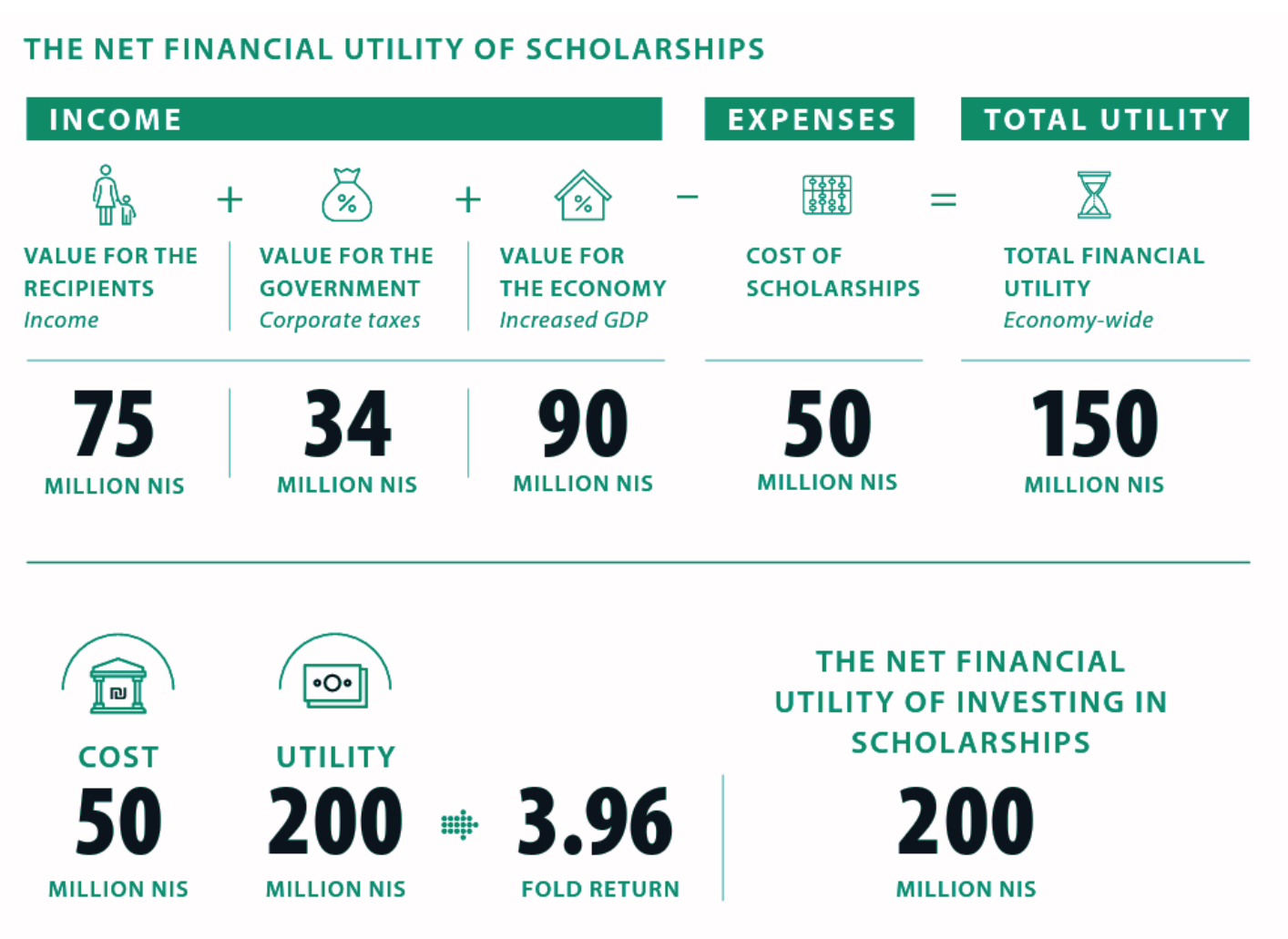
This study provided for the first time the numbers to show that students who receive support to graduate, will increase their income, pay more taxes, and increase the GDP. While 50 million NIS went towards need-based scholarships, the potential value created during these years, based on the recipients predicted income, will be 200 million NIS - translating into a 3.96 fold return.
Student Housing
Housing prices in Israel, already high, increased by 10% in the 2022 academic year. Research conducted by the National Students Union found that housing costs comprise half of the average student’s expenditures. The University provides subsidized student housing to approximately 4,000 students every year. Housing prices are linked to the Consumer Price Index (CPI), and all students are eligible to apply.
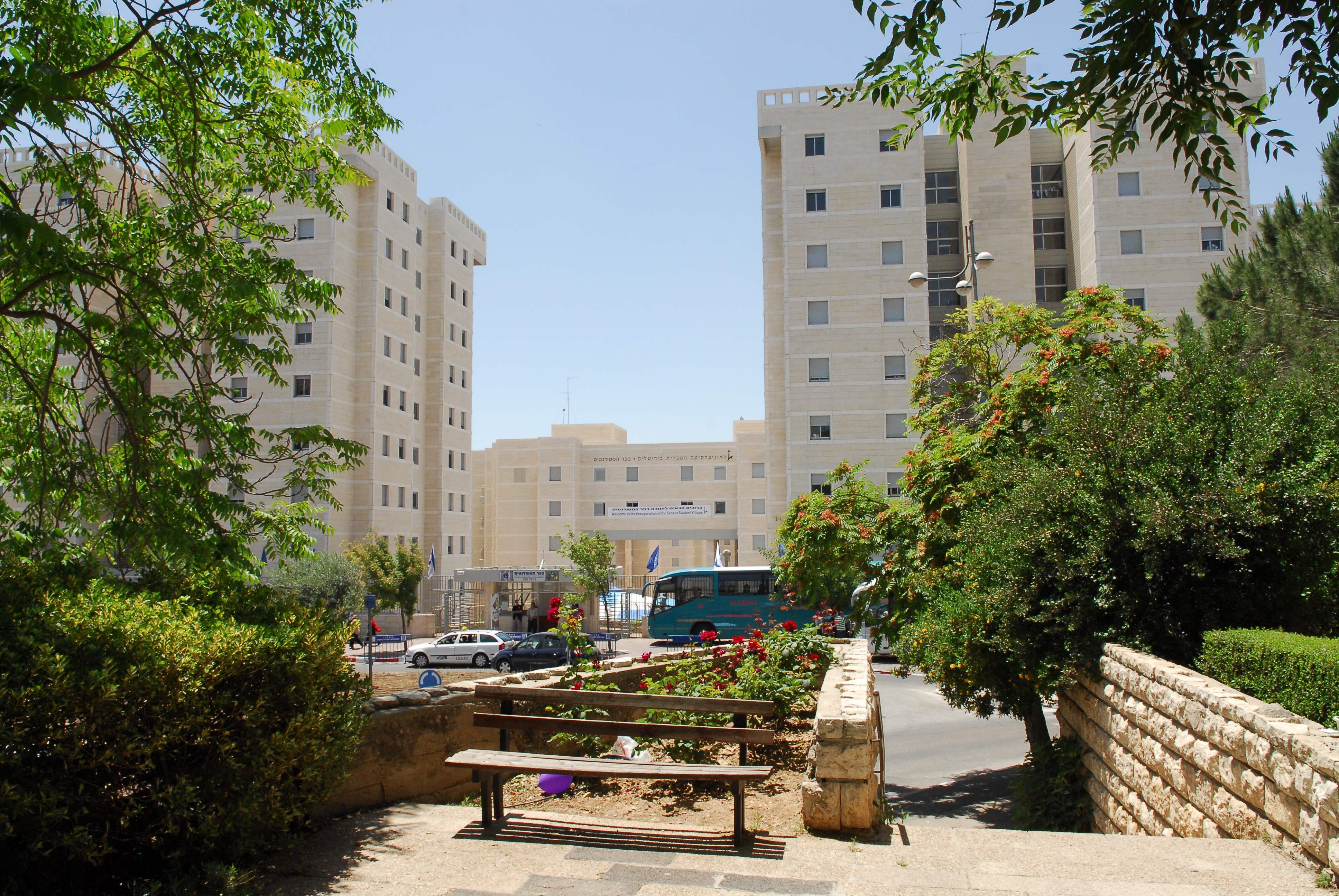
Community Impact
Universities are central for the community as they serve as hubs for education, innovation, and research, and provide opportunities for individuals to develop the skills and knowledge needed to contribute to society's advancement. The communities related can be the university itself, or are composed of many communities (students, faculty, and the many sub-groups within).
The Hebrew University is a central fixture in the Jerusalem ecosystem. The city is known for its strong academic-industry-government synergy and has a thriving Artificial Intelligence/Big Data and Life Sciences ecosystem. On the other hand, it has double the poverty rate of the rest of the country. According to a 2016 report by Professor Shlomo Hasson for the Shasha Center for Strategic Studies at the Hebrew University, the University’s impact on Jerusalem can be divided into the following categories:
Direct economic impact
Benefits to individuals & society
Knowledge creation
According to the research, these lead to quality jobs and business creation, higher aggregate incomes, and a higher quality of life for residents.
Hebrew University’s Contribution to Jerusalem and the State of Israel in Numbers
(Based on a 2016 report)
Companies founded every year by faculty (many remain in Jerusalem, employing 100s of workers)
Direct economic contribution of the Hebrew University to the State of Israel
University's return - for every 1.0 NIS the University receives from the PBC, the University returns 2.92 NIS (the original investment plus 1.92 NIS)
Direct contribution to Jerusalem from the University
Add here your additional text
Of total salaries in Jerusalem come from Hebrew University salaries (assuming 80% of employees live in Jerusalem)
Through a variety of programs, students are encouraged to be involved in their local communities, whether it is working one-on-one, or with groups of different people, Hebrew University students answer the call to be involved and make an impact. 83 University programs are involved in community outreach.
The Dean of Students Office houses the Unit for Social Involvement, which provides scholarships to students who are involved in various university-community initiatives. The initiatives are focused on educational, social and economic disparities in Israeli society. As the next generation of leaders, students are encouraged to participate in the discussion, insights and activism for social change and a more egalitarian society, based on values of justice and social rights.
These numbers represent participants in the Unit for Social Involvement initiatives. It does not represent community events that are held for larger groups. Individuals who are directly working with the students, this number does not include community events that are held for larger groups.

The Hebrew University Youth Division for the Advancement of Science Education
(2020 in numbers)
"If youth knew; if age could."
-Prof. Sigmund Freud, Founder, The Hebrew University of Jerusalem
High Schools from Jerusalem (East and West)
Hours of teaching
Schools from around the country
Different science programs
STEM Programs
Students visited as a part of their studies
Advanced lab groups for high school students
Science teachers (in professional training)
Advanced students from East Jerusalem
Students participated in a physics & chemistry conference
Youth attended science camp
Alumni Engagement
Alumni are important as they form a valuable network of individuals who have successfully graduated from the University and can contribute to its success and reputation. The more alumni the University is connected too, the greater the opportunity to measure their impact.
Number of Alumni in Database
Alumni Card Holders
Mapped Leading Alumni
The University’s Impact on Innovation in Israel

Yissum Research Development Company
Yissum was established in 1964 with the mission to bring outstanding research out of the lab and into the market. Over the years Yissum has developed and streamlined the process transforming research and know-how into translational innovations.
Yissum owns and manages all IP developed at The Hebrew University of Jerusalem. Founded in 1964, it was the third tech transfer company in the world
Yissum in Numbers
Patents
Licensing Deals
Inventions
Portfolio Companies/spin-offs
SDG-relevant Yissum Companies
Of Yissum’s 118 current portfolio companies, 80% are SDG-related. The SDG-related companies are divided by the following:
SDG-relevant Yissum Companies - Primary SDG Breakdown
Yissum Spinoffs - Impact for a Better World
*Numbers are based on the Yissum 2021 Report
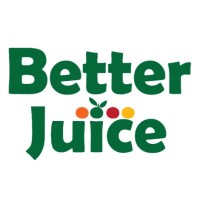
Better Juice
Helping to curb the Obesity Pandemic with their revolutionary technology that reduces sugar in fruit juices by:
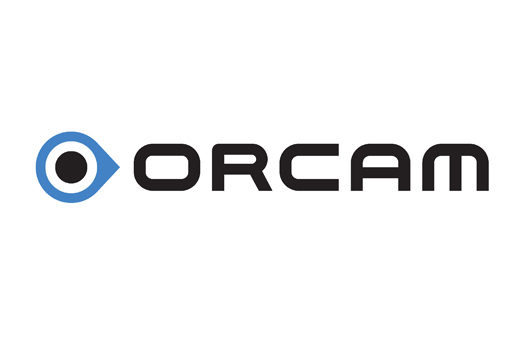
OrCam
Harnessing the power of artificial vision, is Yissum's promising unicorn, valued at:
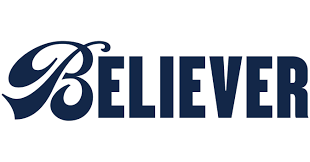
Believer Meats
The highest funded cultivated meat company in the world closing their series B funding round at:
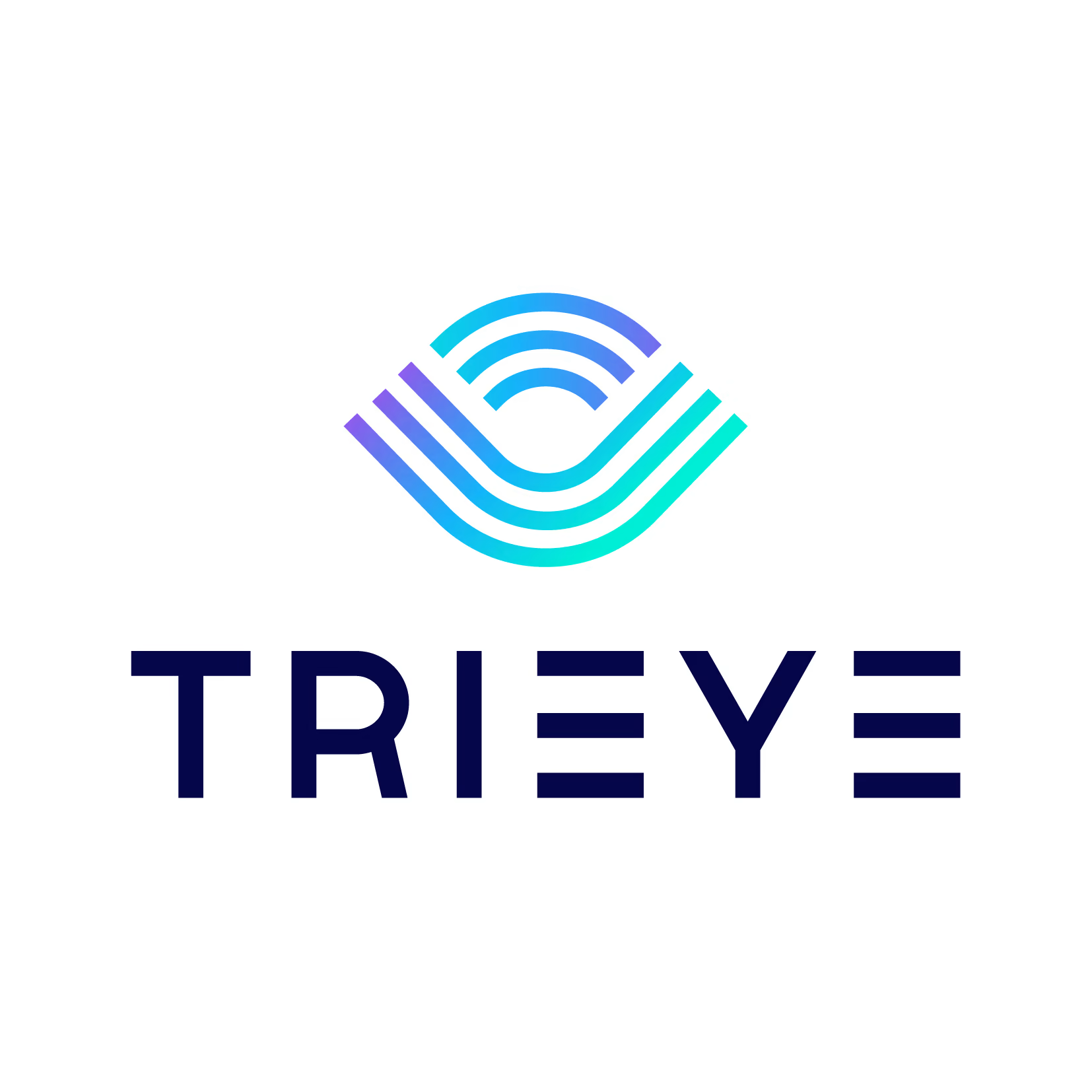
TriEye s SWIR (Short Wavelength Infrared)
Sensing solution delivers reliable image data, reducing expenditure of the existing industry rate by up to:

SavorEat
1st Food Tech IPO on the Tel Aviv Stock Exchange, raised:

Entrepreneurs
The data and investment analyst firm PITCHBOOK ranked Hebrew University in the top Global Universities producing venture capital backed Entrepreneurs

Contributing to the World Economy
Reuters' World Most Innovative Universities ranked Hebrew university for original Research, useful Technologies and contributions to the World Economy
Focus on Food
The Good Food Institute, an international, science-based non-profit organization, focused on building a sustainable, healthy, and just food system, shows the important role that Israel plays in investments in groundbreaking alternative protein research and innovation. And within Israel, Hebrew University ranks at the top with regards to investments in startups.
The following statistics are courtesy of Good Food Institute Israel
Israel is second only to the US In alternative protein investments in 2022
Global investment in alterative proteins in millions of USD (2002)
Israel makes up 15% of alternative protein investment globally
Investments in alternative protein startups commercialized by Israeli universities (in millions of dollars)
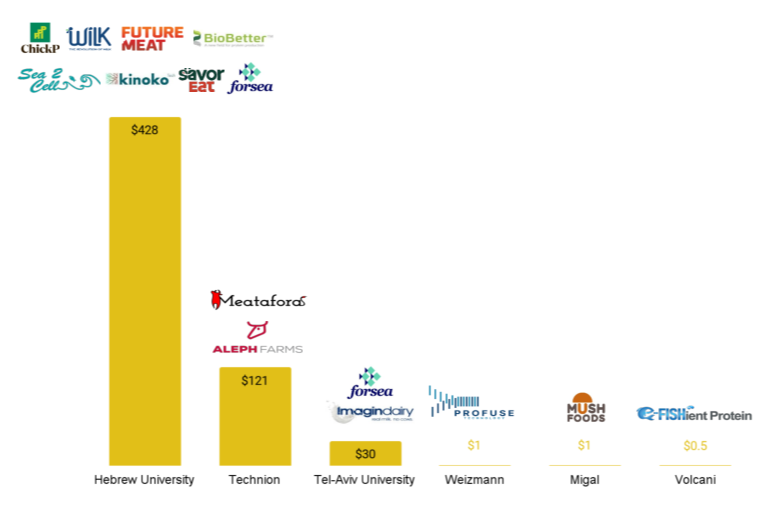

Case Study: ASPER-HUJI Innovate
ASPER-HUJI Innovate is the Hebrew University’s center of Innovation and Entrepreneurship, which leverages the University’s innovation potential to solve substantial problems through entrepreneurship. The center promotes the university as a supportive environment for entrepreneurship, cultivates an entrepreneurial mindset and skills among students, researchers and staff and serves as a catalyst for the development of startups and social enterprises. Our activities include a plethora of offerings to different participants within our ecosystem, enabling them to be inspired, to learn and finally to build ventures that will change the world.
Members of 17 entrepreneurship communities
Events with over 17,000 participants
Hackathons with over 3,000 participants
Entrepreneurship courses were added to the university's academic programs
Digital cornerstone courses open, with 2,200 participants
Over 120 teams participated in a variety of programs that support startups such as the OPEN Venture Creation Program, the Social Accelerator, Startup Bootcamp, The HUJI Hub, Israel Lean Launchpad. Of these, 25% are still active and have raised over $66,000,000!
The HUJI Innovate Fund has provided 16 Teams with Proof of Concept Funding so far.
6 teams participated in the collaboration with the University of Toronto on Entrepreneurship.
The Asper Prize competition offers a 100,000 NIS prize for the Hebrew University Rising Startup of the Year. Since its founding the prize has attracted more than 80 startups with HUJI affiliation.
Alumni in High-Tech
Source: Viola Data, IVC, Pitchbook
HUJI alumni are high-tech founders
Add here your additional text
Higher valuation to companies founded by HUJI alumni compared with non-HUJI alumni founded companies
Of Israeli unicorns in 2021 had HUJI alumni among their founders
growth in students in Tech-related undergraduate programs in the past 5 years
Alumni Founded Startups
The following Hebrew University alumni-founded startups were all considered unicorn companies, and at one point were each valued at a minimum of 1 billion USD.

Big Data

Cyber

Smart transportation

Image & video processing

Logistics
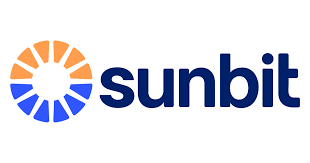
E-commerce
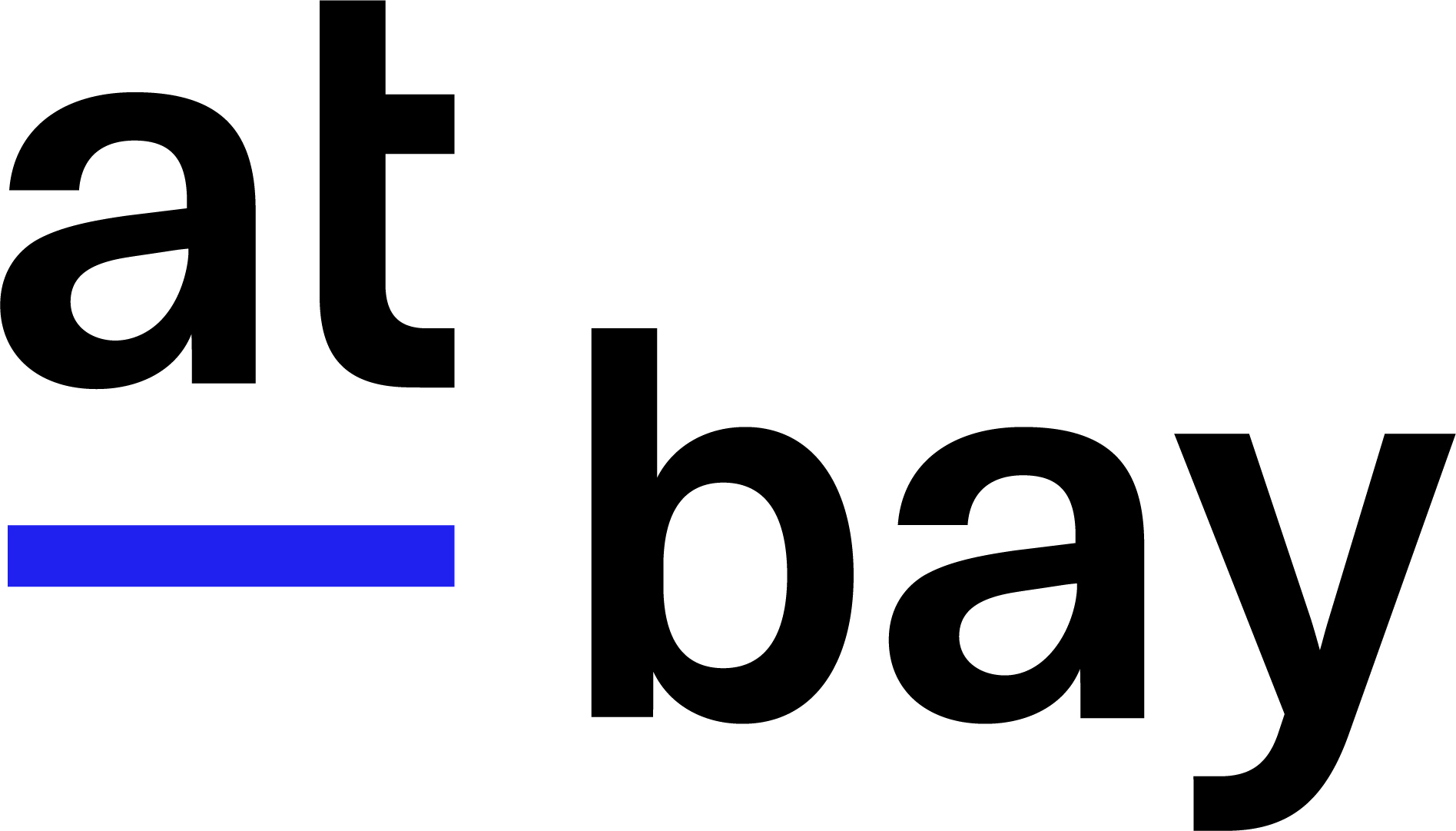
Fin-tech, insurance
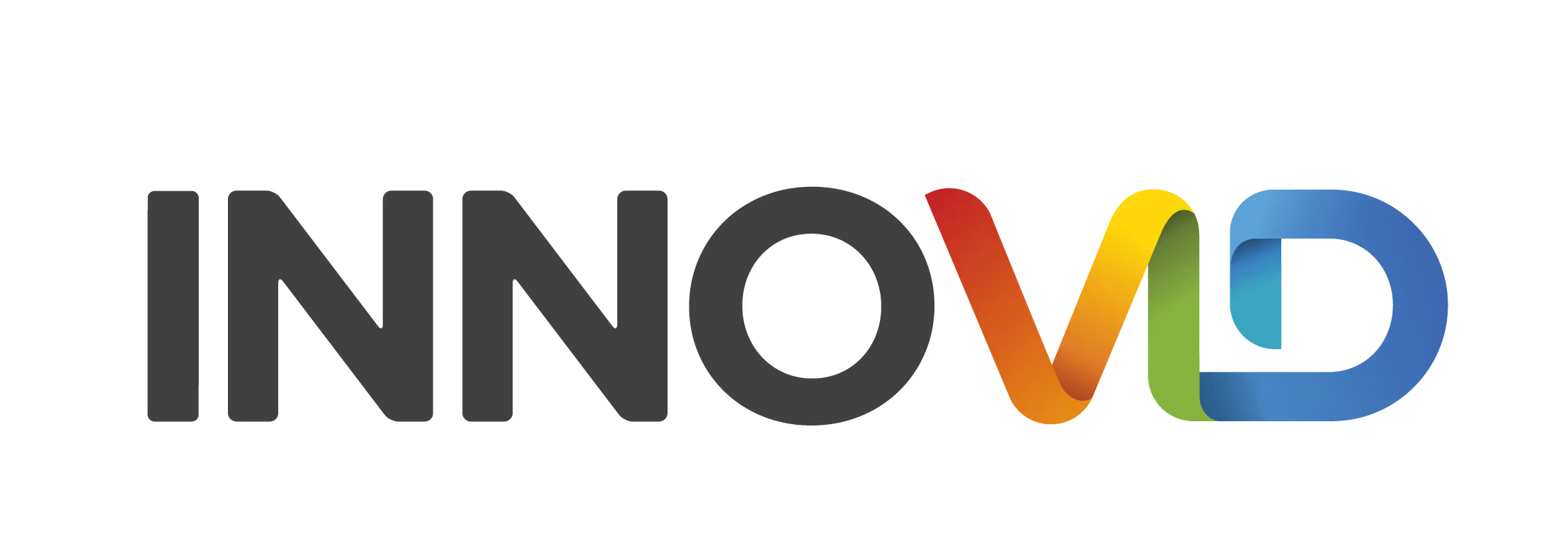
Ad-tech

Automation

Bio-tech
Impact Initatives
“We cannot solve our problems with the same thinking we used when we created them.”
- Prof. Albert Einstein, Founder, The Hebrew University of Jerusalem
Preparatory (Mechina) Programs to Get a Foot in the Door
The University invests NIS 7 million annually in pre-academic preparatory programs for over 1,000 students without the necessary certifications to be accepted to an institute from higher educations, including those from East Jerusalem, the ultra-Orthodox, and new immigrants. The highly subsidized programs aim to provide higher education opportunities to people from all parts of society. The University has also adopted the Riuyim L’Kidum national program that admits disadvantaged students to study despite not having high school certificates.
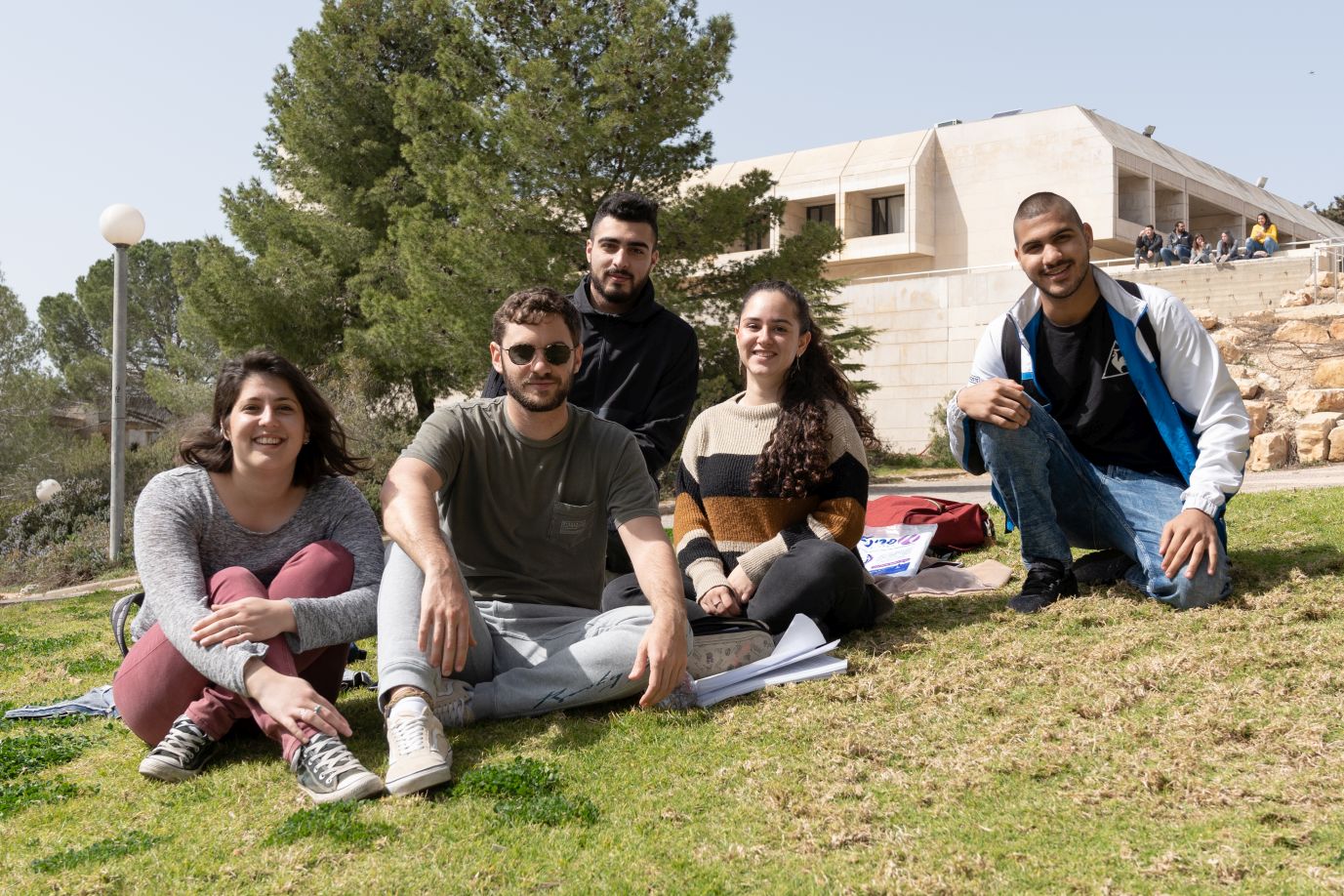

Sustainable Initiatives
Led by a multidisciplinary team of university staff and researchers headed by Prof. Nadav Katz of the Racah Institute of Physics, the Green Campus Initiative has overseen and spearheaded significant changes on campus, from improving recycling and energy conservation, to advocating for green transportation. The Building and Infrastructure Division of the University was instrumental in implementing these initiatives.
The Green Campus Initatitive

Solar panels
The 1.2 megawatts of energy from the Mount Scopus roofs make it the largest system at an Israeli university

Hot water
Solar-powered water heating systems in the dorms & energy-efficient showerheads, save 28,000 cubits of water per year and 513,000 NIS in energy and water costs

Energy-efficiency
Introducing technologies, including VRF systems, VAV hoods, HR chillers, 5T LED lights, heat pumps and using LPG instead of diesel fuel

Awareness campaigns
for encouraging energy and water conservation and other behavioral changes

Financial support
For student and faculty-led sustainability initiatives

Green construction standards
New buildings built according to LEED SILVER: The Suzanne and Charles Goodman Brain Sciences Building on the Safra campus and the Institute for Advanced Studies on Mount Scopus.

Light Rail
The University is working to extend the Jerusalem light rail lines to connect all three campuses to encourage the usage of electric public transportation and thus reduce emissions.

Recycling
The Green Campus Initiative installed a pool of reusable dishes and silverware for departmental usage on the Mount Scopus campus.

Electric cars
The University installed electric vehicle charging stations on the Mount Scopus and Edmond J. Safra campuses, as well as bicycle maintenance facilities on all four campuses.

Temperature control
A water condenser on the Safra campus provides 24/7 heating and cooling to save 660,000 NIS/year. Computerized controls for fume hoods mean 50% reduction in energy usage, with 15,000 NIS savings per ten fume hoods.
Measured for the UI GreenMetric World University Ranking, Hebrew University’s total carbon footprint in 2019 was 75,642 metric tons, mainly from electricity usage. In 2022, the University was ranked #381 of 1,050, and #1 in Israel.
COVID-19 Support
During the coronavirus crisis of 2019-2021, the University took measures to prevent the virus’s spread and to maintain teaching quality and student life:

By April 2020, all courses were transferred to Zoom
Technical and pedagogic remote teaching trainings for instructors

Corona Forum established
Comprised of representatives from the operations, teaching, and research staff

Epidemiological tracking center
Conducted investigations into confirmed cases and coordinated communications
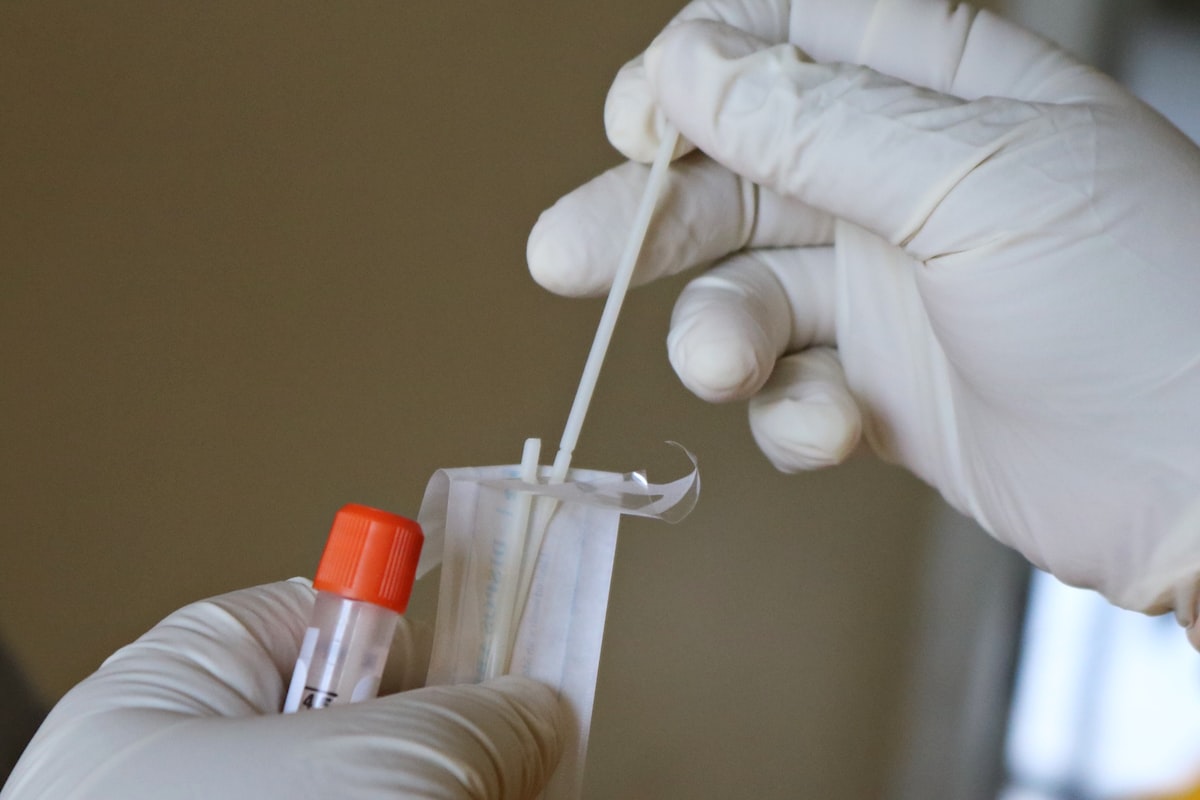
Testing Kits
Subsidized tens of thousands of kits and distributed free kits and masks to students living in dorms

Alternative dormitories
Offered for students who were required to quarantine and refunds were offered for residents who quarantined outside the dormitories

Research
Offered for students who were required to quarantine and refunds were offered for residents who quarantined outside the dormitories

COVID Impact Case Study
The Center for Legal Education’s Clinic for the Representation of Marginalized Populations led a variety of initiatives related to the crisis, including creating a Facebook page in Hebrew and Arabic to respond to general legal issues related to the coronavirus crisis, and ran a successful campaign to lobby the Ministry of Labor, Social Affairs and Social Services and the National Insurance Institute to secure social security-related amendments, including the automatic extension of disability allowance, freezing interest on debts to the National Insurance Institute, and the prevention of unemployment benefit offsetting for those already on welfare. It also secured an approval from the Ministry of Construction and Housing to accept housing benefit documents online or on an “declaration only” basis.
Asset Management
In 2017, the President of Hebrew University announced that the University would adopt an ESG investment strategy in line with the United Nation’s Principles for Responsible Investment (PRI), becoming the first Israeli university to do so. As of January 2023, the University manages a NIS 2.5 billion portfolio in Israel.
The University’s Israeli investment portfolio consists of:
41.6% Israeli bonds
Which do not currently have ESG ratings
34.9% equity index funds
Of which 60% are traded outside of Israel and have an ESG policy, whilst the remaining local funds do not
14.4% is in private investment funds (i.e., PE and VC),
Of which half of the funds have an ESG rating
In 2022, all new asset funds invested in by the University had ESG policies. In total, approximately 30% of the University’s investments are ESG-rated. The University is currently in the process of screening external entities to assist it in formulating ESG criteria for its future investments in Israel. More so, even without an ESG rating, the University has a policy that no new investments are made in companies that aren't socially/environmentally-conscious.

Recommendations & Next Steps
- Build a University-wide impact strategy
- Publish a bi-annual report
- Set goals of what to measure, and encourage measurement across the University
- Partner with other institutions on impact initiatives (government, municipalities, philanthropic organizations, institutes of higher education, etc.)
- Include international impact (of alumni, research, etc.)
This report aimed to shed light on the significant strides the Hebrew University has made towards fulfilling its role as a public institution tasked with furthering knowledge and action on issues of societal importance. Its second goal was to present avenues for improvement that have arisen from the data. We recommend publishing an Impact Report on a biannual basis and convening a committee following its publication to discuss concrete goals and how to implement them. The following are the recommended steps to be taken:
Academic: Future reports should include data on new courses, and academic spin-offs in comparison to the baseline numbers presented in this inaugural report. For academic courses, we also recommend collecting the data in a more granular fashion and presenting it, for example, by faculty, type of course (required/elective), and degree program (undergraduate/graduate). we recommend referring to the Center for Sustainability’s 2021-2022 HUJI SDG Report, which will provide another benchmark to measure and track the University’s impact, alongside a ranking of impact-related publications, something this report does not cover.
Student: Future reports should include data on students’ and faculty’s socioeconomic status, and geographic origin.
Community: The data collected to assess the University’s impact on Jerusalem should also be collected on an annual basis, with a focus on local students. The University should also consider partnering with the municipality for data collection and programming and a follow-up to Prof. Shlomo Hasson's 2016 report.
Impact of Innovation in Israel: We recommend conducting a more involved assessment of Yissum’s portfolio companies, using SDG-indicators in addition to the breakdown by primary SDG as we did in this report.
Impact Initiatives: Given the extensive and important work of the Green Campus Initiative and its numerous international partnerships, we recommend increasing the group’s budget significantly. We also recommend addressing student housing within a social impact framework; this could include analyzing the characteristics of the students that take advantage of university housing and assessing whether current policies fully maximize its potential.
Asset Management: The University has already taken the first step in announcing its commitment to fossil free investments & considering ESG factors in its investment decisions. Now in the implementation phase, it should formulate a customized, proactive ESG policy document with standardized guidelines for assessing its current and future investments to align it with the policies of other leading universities. These generally include publishing an annual sustainable investing report and appointing a member to the university's investment committee with sustainable investing experience. The University should also consider adopting a similar assessment and disclosure policy for its endowment managed abroad.
Acknowledgements & Methodology
Project Director: Liran Shoseyov, Hebrew University Business School (HUBS) ASPER Center*
Head of Impact: Shir Kahanov, HUBS ASPER Center
Writing: Kochava Ayoun, HUBS ASPER Center
Design & Digitization: Shoshana Israel, Division for Advancement and External Relations
We would like to extend our thanks to the Hebrew University faculty and staff whose assistance and input was instrumental in writing this report: Dr. Dan Marom of the HUBS ASPER Center for Innovation and Entrepreneurship; Amb. Yossi Gal, Ram Semo, Brenda Needle-Shimoni, Sarit Petersen, David Salinas, Max Lerman, and Guy Shauli-Shaulski of the External Relations Department; Eyal Basher, Meni Neuman, and Prof. Nadav Katz of the Green Campus Initiative; Shlomi Zaken of the Strategy Unit; Ariella Shalev and Hadas Magen-Molcho of the Center for Sustainability; Prof. Mona Khoury-Kassabri, Sharon Ben Arie, and Micah Thau of the Diversity and Inclusion Unit; Irit Harat in the Dean of Students Office; Molly Livingstone of the Yissum Technology Transfer Company; Hani Ben Yehuda of the Authority for Research & Development; Dr. Dafna Shahaf and Or Rappel-Kroyzer of the Center for Interdisciplinary Data Science Research; Dr. Michal Ramot of the Unit of Online Teaching; and Mirit Stavmevora of the Academic Administration; Dr. Amnon Dekel and Ayelet Cohen from ASPER-HUJI Innovate.
*The ASPER Center for Entrepreneurship & Innovation at the Hebrew University Business School (HUBS) was established in 2001 by The Asper Foundation and is led by Dr. Dan Marom since 2020, with the goal of supporting impact-driven innovation, research, and developing courses in entrepreneurship. In addition to its academic activities, the ASPER Center supports the projects of student entrepreneurs and promotes knowledge development in the field of impact investments within the Business School and the wider HUJI community. As part of that mission, the Center developed new academic courses, participated in a joint project on sustainable finance with the EU’s Erasmus program, and continually works to promote the field of impact economy within HUJI, for instance with this Impact Report, the first of its kind. The Center also launched the Maayan Impact Fund in 2022, a student-led VC investing in early-stage Impact Tech companies. The Center also runs the Entrepreneurship Community to provide networking opportunities for students
Methodology
The research conducted for this report combines qualitative and quantitative measures to estimate the University’s impact across its three core pillars of activity in order to create a streamlined, data-driven tool for future reports. The methodology adopted in this report is based primarily on the Times Higher Education (THE) University Impact Ranking[1] that uses the SDGs as its primary measure, but is organized by pillar rather than SDG for clarity. Each pillar includes a quantitative measure as a benchmark, as well as a qualitative section for background and context.
For the Academic Pillar, we ran the University of Auckland’s SDG Keywords[2] list on the University’s course catalog and PhD dissertations to obtain a baseline measure of SDG-relevance for future years. To give a sense of the breadth and depth of the University’s SDG-related academic activity, we included a spotlight on select courses, faculty research, and research centers contributing to furthering the SDGs.
We divided the Community Pillar into internal and external communities, including quantitative figures and qualitative examples for diversity & inclusion on campus. In the external section, we provided qualitative evidence on impact-related alumni activities and student clinics and initiatives, and presented quantitative research findings on the University’s impact on the local Jerusalem community.
The final Operations pillar is organized by student operations, sustainability initiatives, and asset management. The student operations section includes quantitative measures on student housing, hardship support, and qualitative information regarding COVID procedures. The sustainability section includes quantitative measures relating to the University’s carbon footprint and qualitative evidence of student and faculty-led initiatives on campus. The asset management section includes quantitative measures as well as a case study.
All data presented is from the 2019-2021 academic years unless otherwise noted.
[1] The Times Higher Education University Impact Rankings are the “world’s first global attempt to document evidence of universities' impact on society, rather than just research and teaching performance”, see https://www.weforum.org/agenda/2019/05/the-university-impact-rankings-2019-results-announced.
[2] https://www.sdgmapping.auckland.ac.nz
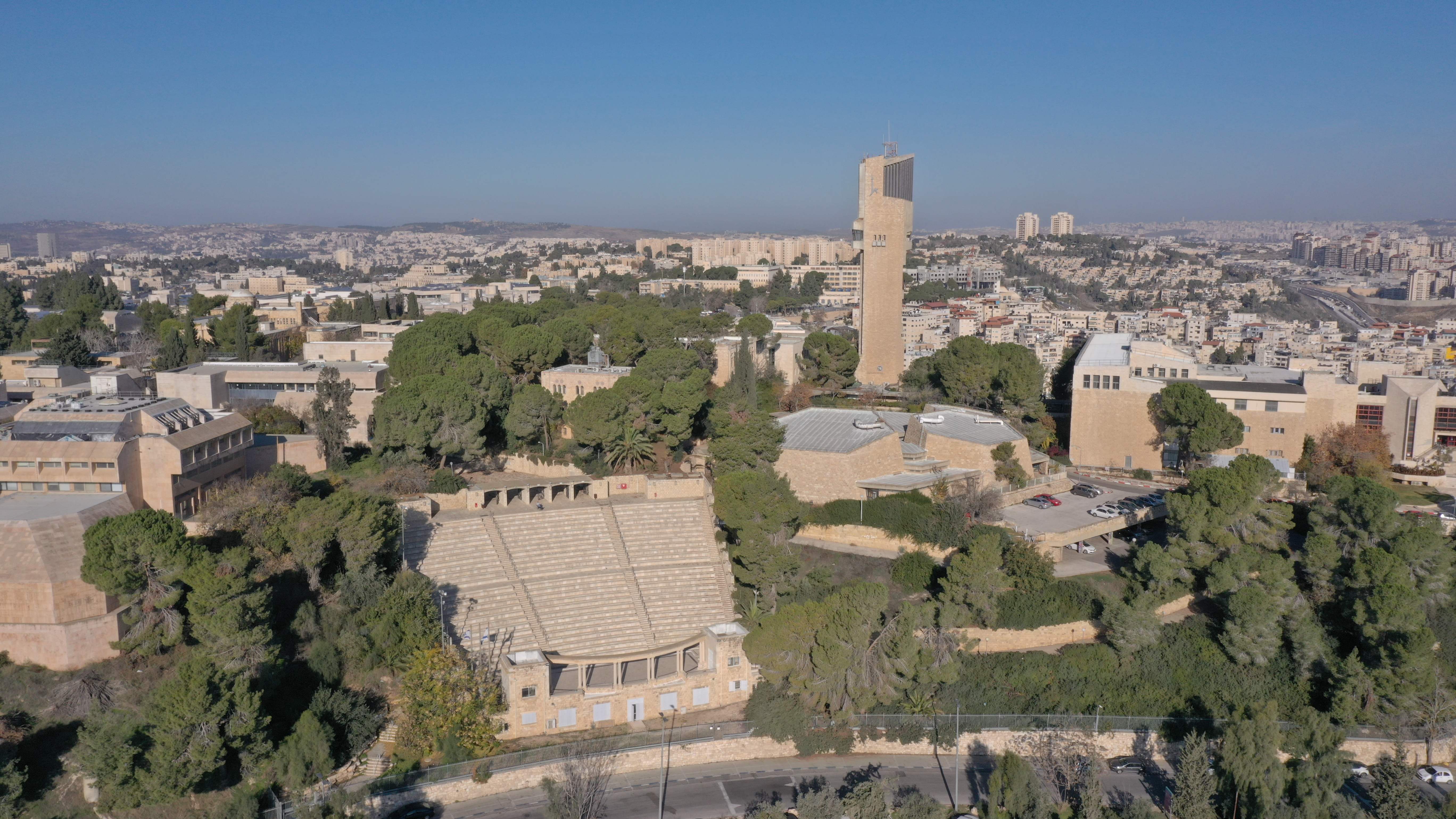
Thank you for reading!
Stay tuned to hear all the ways that The Hebrew University of Jerusalem is making an impact.
